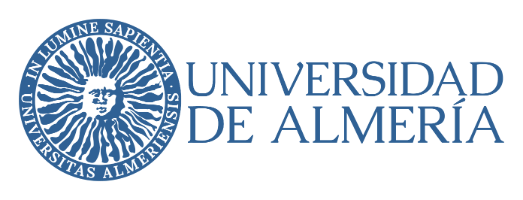This website uses cookies so that we can provide you with the best user experience possible. Cookie information is stored in your browser and performs functions such as recognising you when you return to our website and helping our team to understand which sections of the website you find most interesting and useful.
The CAMP Project is part of the Mediterranean Action Plan (PAM) from the Environment Program of the United Nations. This framework program has been developed since 20 years ago in coastal countries of the Mediterranean area. The CAMP project, whose name comes from the English Coastal Area Management Programme, implements pilot programmes for integrated management of coastal areas. This framework project means a new generation of CAMP projects now that the first one that has implemented the GIZC Protocol effectively.
The main objective of the Eastern Almería CAMP project has been “to be a demonstrative and translatable experience on an international, national, regional and local scale, in order to ensure the application of GIZC protocol (Integrated Management of Coastal Areas) in the context of the Barcelona Convention and the principles set down in it through the GIZC methodology”. To achieve this objective we had to make a sustainability strategy for Eastern Almería, using GIZC as a tool.
The Eastern Almería CAMP Project wants to try new forms of management to study key aspects for coastal sustainability. This allows administrations and stakeholders to understand the management issues and obtain a collective project for this area. They also could develop a sustainability strategy to match social-economic development and nature conservation. This strategy is called Sustainable Development Framework (MRDS).
Almería University, through CAESCG, has carried out the MRDS by using a conceptual model based on the integration of information in a social ecosystemic focus. We consider Eastern Almería as a territory where the natural and social processes interact and form an organized structure that works as a whole; that is to say “socialecosystem”.
So, the population and its livelihood are connected to natural resources and services that the ecosystem gives them, the same way these are affected by economic and social activities in the territory during a specific period. The result of the processes has been a final document where the guidelines agreed by competent administrations to implement a sustainability strategy in the area are reflected.
A training programme directed at technical staff of administrations and social economic partners has been developed at the same time to ensure that objectives are achieved. The three training courses have promoted the implementation of the Integrated Management of Coastal Areas Process at Eastern Almería, whose aim is to reach sustainability in this area.
Course: Partners participatory techniques, negotiation and communication (CAMP Project)
Focussed on improving the institutional coordination and public-private collaboration for integrated management of coastal areas through the application of participation techniques and processes of negotiation and communication.
[new_royalslider id="9"]
Course: Ecosystems and Coastal Processes (CAMP Project)
The aim of this course is to optimize the decision making processes relative to the integrated management of coastal areas through a deeper knowledge of basic aspects of ecosystems and physical natural processes which affect coastal areas.
[new_royalslider id="10"]
Course: Land Planning and Integrated Management of Coastal Areas (CAMP Project)
The objective of this course is to improve the decision making processes relative to integrated management of coastal areas through training about key aspects of planning and management of coastal land.
[new_royalslider id="11"]





